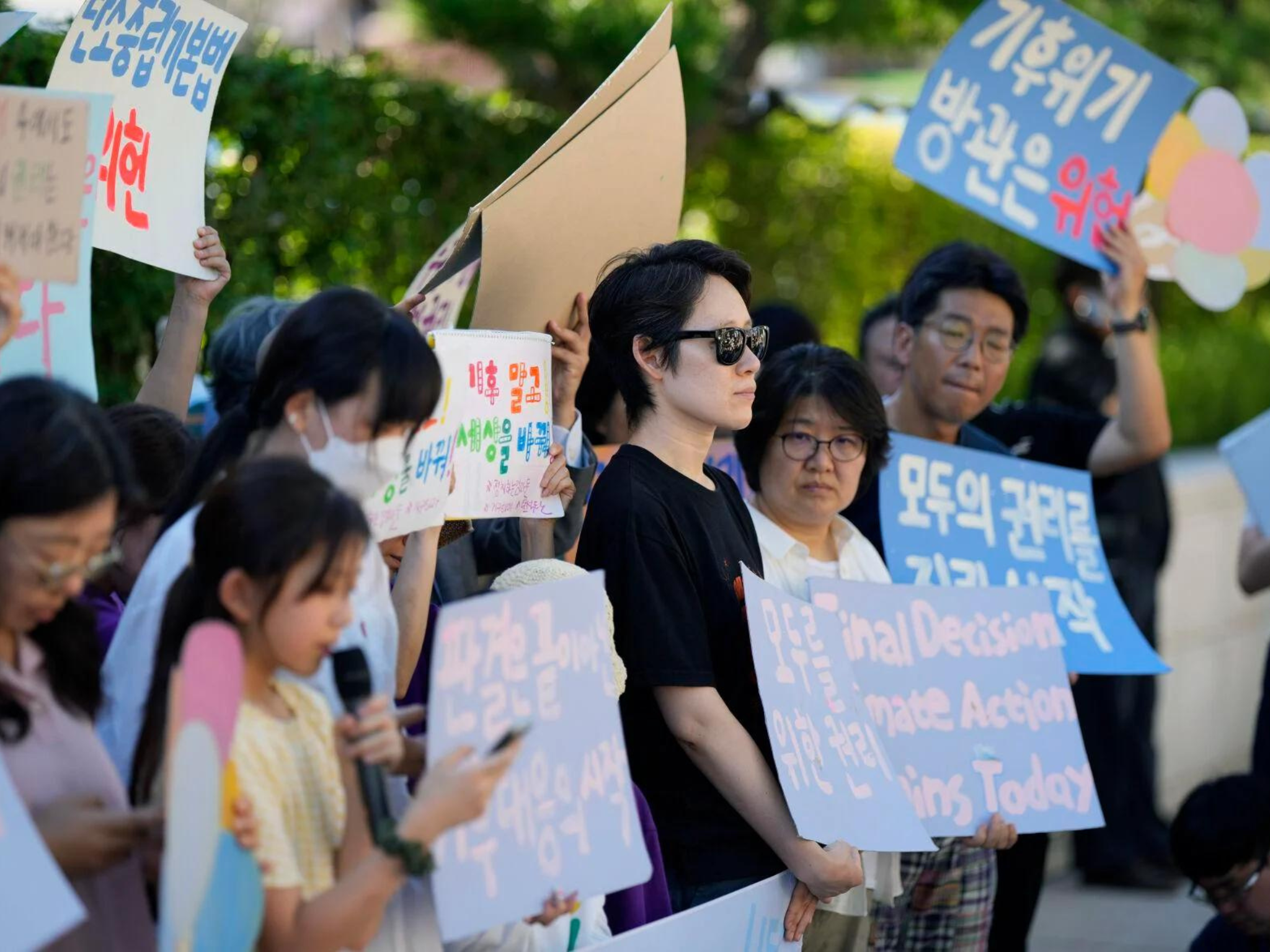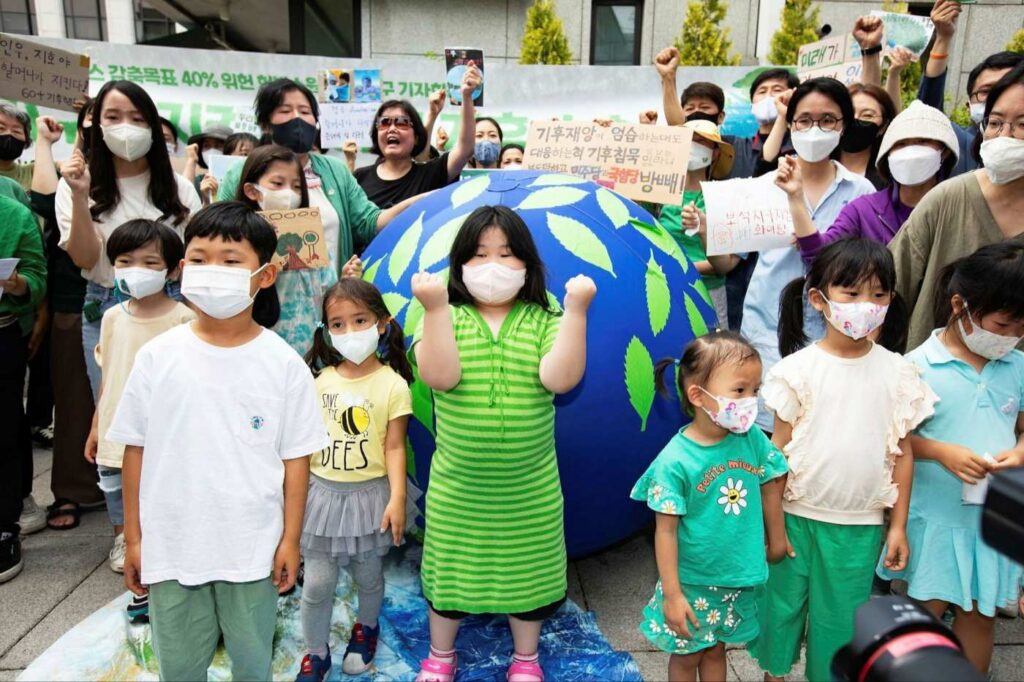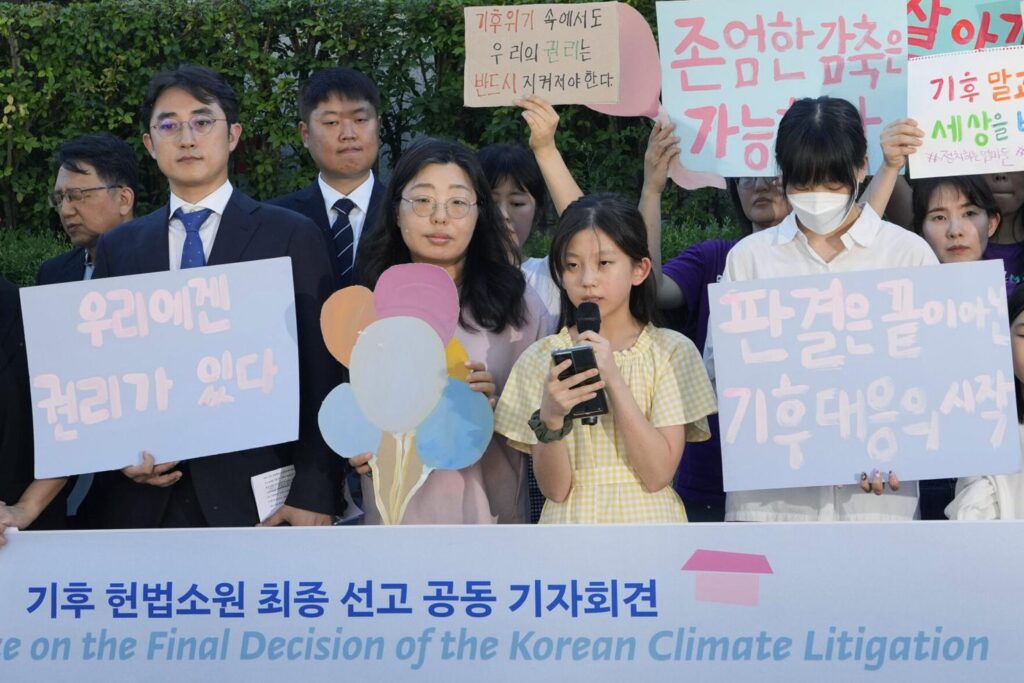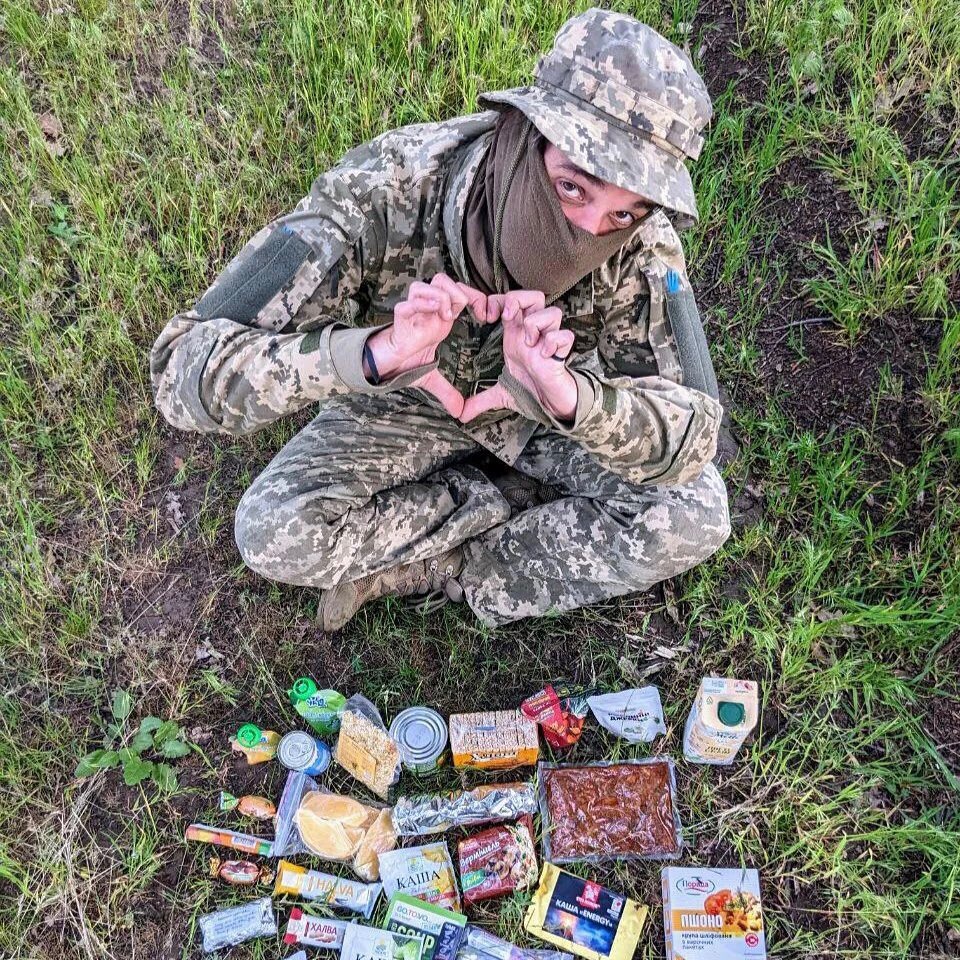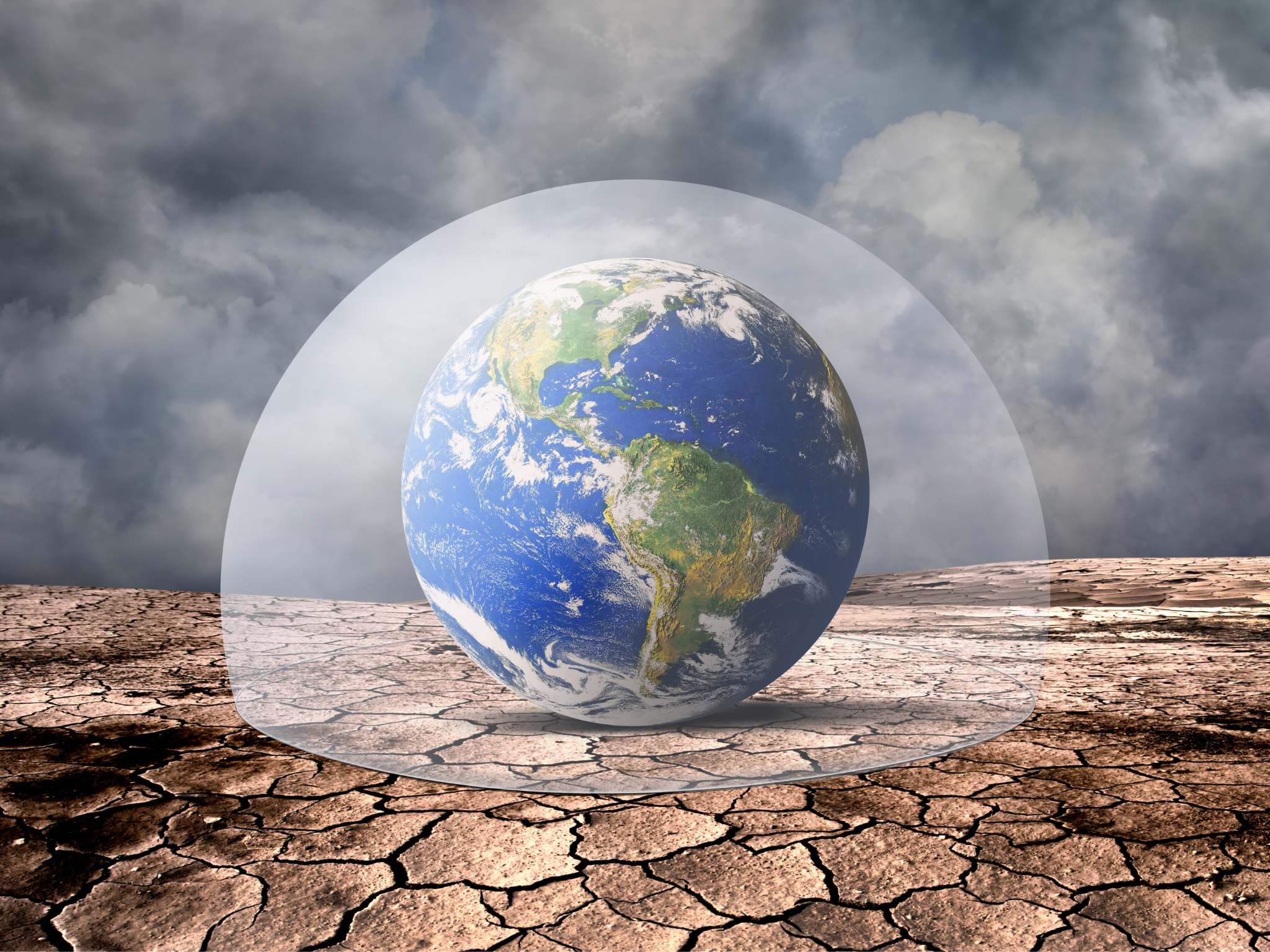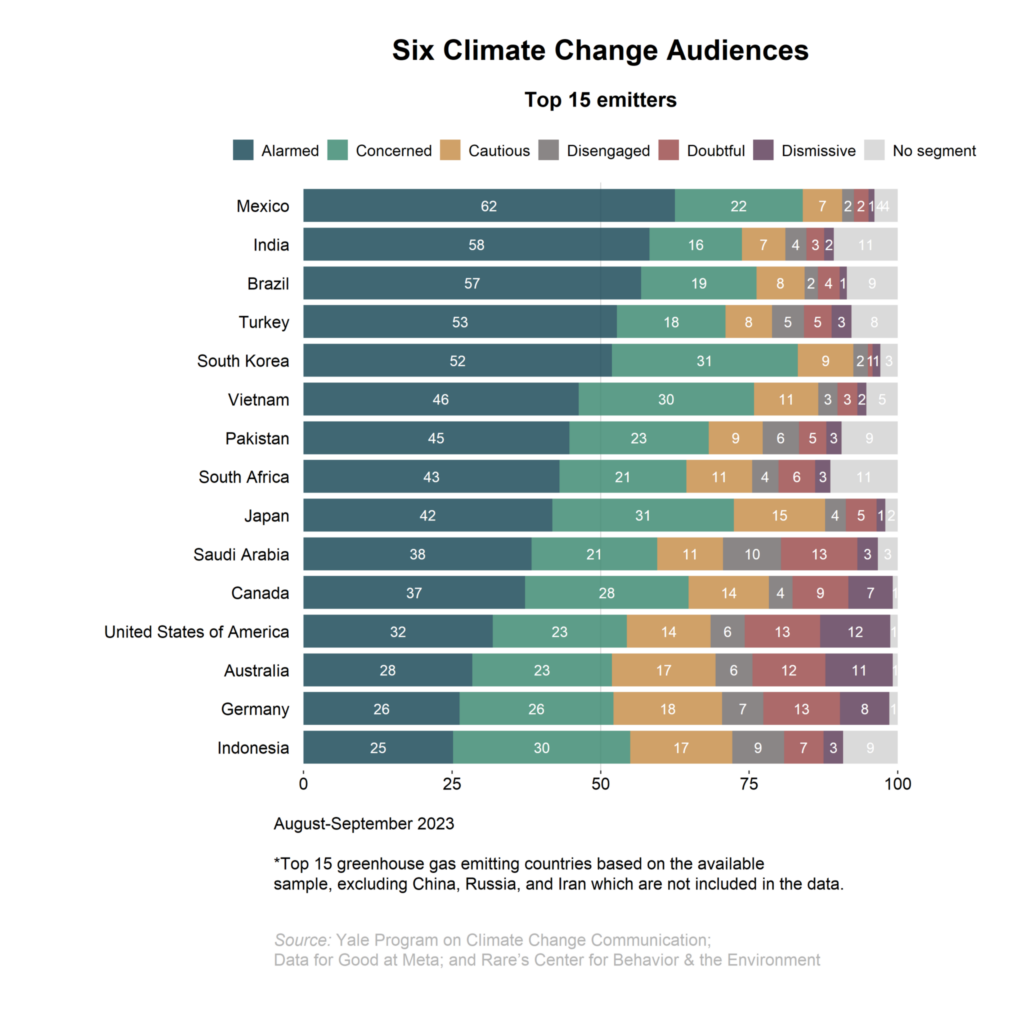The perfect storm of fortress conservation, Western military aid, and rampant resource extractivism for rich nations is fomenting a cycle of human rights abuses in the Democratic Republic of Congo (DRC).
Crucially, a new report argues that until Western nations cease military support in the name of colonial resource extraction, the violence of fortress conservation will continue.
Democratic Republic of Congo: fortress conservation
On 27 August, independent policy thinktank the Oakland Institute published a new report titled: ‘From Abuse to Power: Ending Fortress Conservation in the Democratic Republic of Congo’. It exposes conservation’s counterintuitive deep ties to the extraction of natural resources and abuse of Indigenous Peoples in the eastern DRC.
Specifically, it lambasts the violent model of ‘fortress conservation’ that Western environmental organisations have imposed across the country. As the Canary has previously detailed, fortress conservation refers to:
conservation projects that have evicted existing indigenous and local inhabitants from their traditional lands, or otherwise restricted their access to crucial resources like food, fuel, and medicinal plants.
The report looked at a number of these projects across the DRC. One of these was Kahuzi-Biega National Park. Rights groups like Survival International and the Minority Rights Group (MRG) have previously highlighted the litany of violence so-called eco-guards have perpetuated against Indigenous communities living there. The US-based Wildlife Conservation Society (WCS) manages the park.
Crucially, these have implicated WCS, as well as the park’s funders. Donors include German government development aid agency KfW, and the United States Fish and Wildlife Service (USFWS).
For years, many of these communities have sought justice in domestic courts, without success. So, the Indigenous Batwa community escalated their case to the African Commission on Human and Peoples’ Rights. In July 2024, the African Commission recognized the Batwa’s rights to their land. Significantly, it ordered the DRC government to return the land to its rightful owners, compensate them, and ensure their full protection.
Samuel Ade Ndasi of the MRG said that:
The decision sets a strong precedent that recognizes the value of Indigenous traditional knowledge and environmental and biodiversity conservation practices. From this point forward, no Indigenous community should be evicted in the name of conservation anywhere in Africa
Western military aid and extractivism
Despite this however, the report noted that demilitarising these protected areas (PAs) wouldn’t automatically resolve the rights violations of communities. The report stated that:
Not only does the underlying situation of violence make transitioning to more just conservation models difficult, it also endangers Indigenous and local communities regardless of progress made. Like park rangers and state security forces, nonstate armed groups operating in and around DRC’s PAs have perpetrated horrific human rights abuses against local communities, killing, raping, and torturing those in their way, driving people from their customary land, and capitalizing on conservation-related hardships to forcefully recruit Indigenous and local peoples into their ranks. Efforts to demilitarize conservation and transfer the protection of land back to local populations are made incredibly difficult by these dynamics. Removing state security forces altogether would leave local communities vulnerable to the activities of armed groups, while empowering communities with the capacities to defend themselves and their land may serve to inflame tensions between different groups.
Crucially, the report identified Western countries’ military support to the DRC’s exploitative neighbouring nations as a major barrier to this. It noted armed groups from Rwanda and Uganda are:
extensively involved in illegal exploitation of DRC’s mineral resources
In particular, it spotlighted Rwanda’s support for the deadly armed group March 23 Movement (M23), which has aggressively sought control over lucrative mining sites across eastern DRC. As a result, it argued that this put:
a spotlight on decades of Western support for the two governments.
Specifically, it honed in on the millions in US military aid and training to the two countries. Similarly, it underscored the UK’s reluctance to syphon off military aid to Rwanda, while it negotiated its migrant deportation agreement. It also highlighted how while the European Union had publicly denounced Rwanda, it too has maintained military aid.
Given this, the report concluded that:
The inaction of Western powers in relation to Rwanda’s support to the M23 and to DRC neighbors’ complicity in illegal extraction allows the conflict-extraction nexus to continue within and around PAs at the expense of the environment and the population.
However, this wasn’t the only way wealthy Western nations have been propping up this nexus of violence. The report pointed to foreign companies’ capitalising on the DRC’s resources as another key factor. Significantly, it unpacked traceability schemes vulnerable to corruption which has enabled:
corporations to protect their public image while they, in all likelihood, continue to use and profit from illicitly-sourced raw materials.
This, it suggested, is evidenced by the fact that:
the number of armed groups operating in DRC has not decreased as a result of ethical sourcing requirements, and instead has steadily risen over the past decade, as have human rights abuses.
DRC Fortress conservation and colonial corporate capitalism go hand in hand
Ironically then, while these colonial PAs are keeping Indigenous communities off the land, the same cannot be said for extractivist corporations. Far from protecting wildlife and habitats from destructive actors, this model of fortress conservation has opened the DRC up to capitalist exploitation.
Policy director of the Oakland Institute Frederic Mousseau said:
Removing Indigenous communities from lands earmarked as a protected area has created a political vacuum filled by outside commercial actors seeking to exploit the DRC’s natural resources. This conservation model negatively harms both biodiversity and people, while contributing to the ongoing political instability in the region
In this way, the African Commission’s historic decision on the land rights of the Batwa alone is not enough.
The report makes it clear that its actual implementation requires a drastic change of course. The DRC government, the conservation industry, and Western donors need to shift towards a new paradigm that respects and protects both people and biodiversity.
Given this, Mousseau concluded that:
Conservation goals, however, will not be reached without addressing illegal extraction of resources in Eastern DRC, which involves the country’s neighbors, as well as their business partners and financers. The US government finances environmental protection in DRC whereas it also supports the countries behind the violence and the looting of natural resources, notably in the parks. This unconditional, schizophrenic, support must end in order to protect both Indigenous communities and the country’s biodiversity.
Ultimately, fortress conservation has cracked open vast Indigenous lands to corporate capitalism. The Oakland Institute report shows that the colonial Western conservation model harms Indigenous communities. Moreover, it reveals how this opens so-called PAs up to the most destructive industries. Crucially, it does so with the implicit support of Western governments and environmental organisations. In short, if they’re protecting anything, it’s the colonial capitalist profits of the Global North – at Indigenous peoples and nature’s expense.
Feature image via Youtube – Wildlife Messengers
By Hannah Sharland
This post was originally published on Canary.





